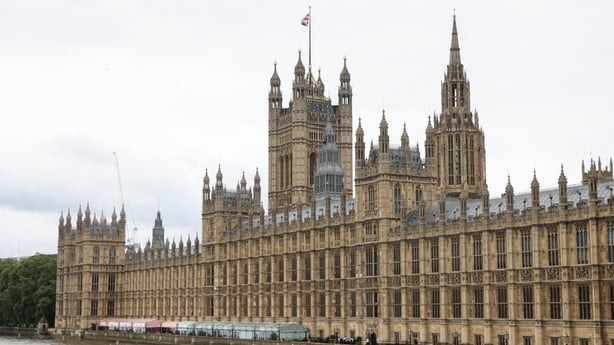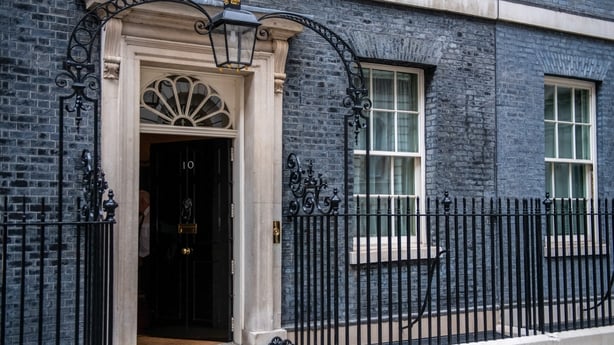After weeks of polls, politicking and promises, the die will be cast for all those hoping to make it into the House of Commons as new or returning MPs.
Some might call it D-Day but that certainly will not be a term used by any in the Conservative Party given one of the most high-profile blunders of this campaign involved Prime Minister Rishi Sunak leaving D-Day commemorations in France early to return to a TV interview and the campaign trail in the UK.
It has been a difficult campaign for Mr Sunak with polling consistently showing his party trailing behind Labour.
That party's leader Keir Starmer has spent the campaign ensuring that no major offences are committed that would damage that lead.
It is a cliché, oft-repeated by politicians who are not doing so well in the polls, that there is only one poll that matters, and for the UK today is that day.
Polling stations opened at 7am and will close at 10pm as thousands of schools, community halls and other public buildings are given over to voters for the day.
How many seats does the winning party need?
In all, there are 650 parliamentary seats up for grabs and to win an outright majority one party must win at least 326 of those seats.

If no party manages to reach that number of seats it can result in a hung parliament as has happened in recent years in the UK.
In the past that has involved the formation of a coalition government, such as in 2010 when the Conservatives went into government alongside the Liberal Democrats, in what was the first coalition government in the UK since World War II.
In each of the 650 constituencies, voters elect a local candidate who is usually affiliated with a large political party.
As the UK votes on a first-past-the-post system, only one MP is elected per constituency.
Who can vote?
In order to vote you must be 18 or over and a citizen of Britain, Ireland or a qualifying Commonwealth citizen and on the UK register of electors.
In this election voter ID is required, the first national poll in which that stipulation has been made.
Overseas British citizens also get to vote regardless of how long they have been living outside the country.
What happens once polls close?
When voting ends at 10pm there will be an immediate exit poll that is carried out by the major British broadcasters, who do not report on politics up to 10pm on the day of voting as they observe an election moratorium.
That all changes with that exit poll though which has in recent years proven uncannily accurate in terms of the final result.

Counting of votes begins straight away with some initial results known within hours.
Many more declarations come in by 3am or 4am and the outcome is normally clear between 5am and 7am tomorrow morning.
What happens then?
If there is one clear winner and it is not the incumbent then the outgoing prime minister travels to Buckingham Palace to tender their resignation to King Charles.
They will leave Downing Street, normally with their family beside them, as the new prime minister travels to Buckingham Palace in the expectation that the King will ask them to form a government.
They then enter Number 10, also normally with their family by their side, to start a new premiership.
There will also almost certainly be a speech outside their new home and office outlining their vision for the future.
The days after that are spent getting on with the business of government including naming a Cabinet before Parliament is scheduled to return on 9 July.
There is not long to go now until we know what that parliament will look like and how it will shape the future of the UK.




